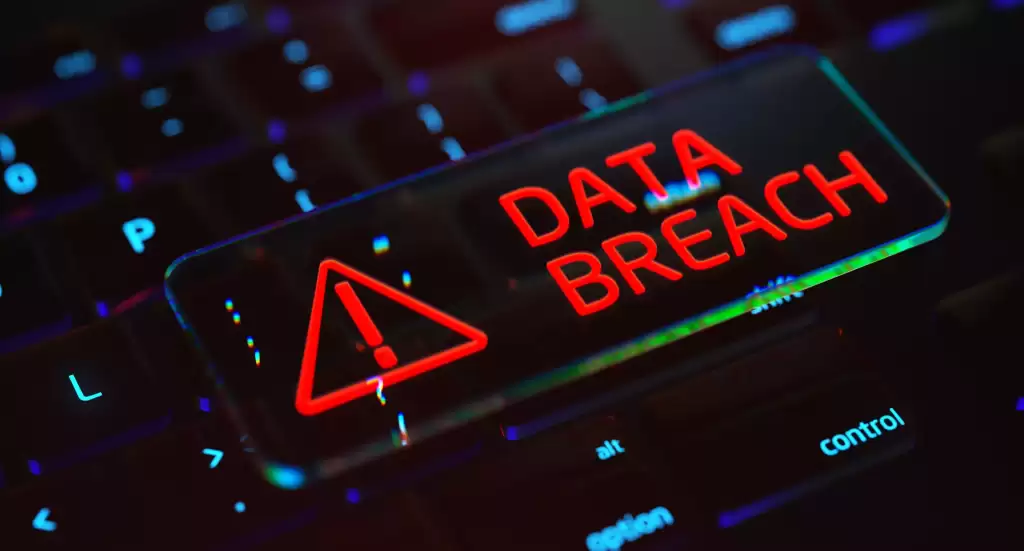
Massive Data Breach at Nigerian Fintech BestFin Exposes 846,000 Loan App Customers’ Information
A serious data breach at Nigerian fintech company BestFin Nigeria has exposed the personal information of 846,000 users of its loan application service, iCredit. According to a report by Cybernews, this breach was discovered on an unsecured MongoDB database and has raised significant concerns about data privacy, regulatory violations, and the broader ethical practices of digital lending platforms in Nigeria.
Discovery of the Breach
The breach was detected by Cybernews on July 2, 2024, when they uncovered an unprotected 300GB database that belonged to BestFin Nigeria. The database, linked to the company’s iCredit loan app, contained highly sensitive information, placing users at considerable risk of exploitation.
The personal data exposed includes basic details such as:
- Full names
- Phone numbers
- Email addresses
- Home addresses
Invasion of Privacy and Alarming Data Collection
Beyond the standard personal details, the breach revealed a disturbing level of privacy invasion by BestFin Nigeria. The company had collected an excessive amount of private information, far beyond what is typically required for loan applications. This data included:
- Users’ contact lists
- Apps installed on users’ devices
- SMS messages, including personal communications unrelated to loans
- Bank Verification Number (BVN) validation logs
This level of data collection is not only invasive but also raises serious ethical and legal questions under Nigeria’s Data Privacy Regulations. According to these regulations, accessing users’ private messages and contact lists without consent is strictly prohibited, making BestFin’s practices questionable and potentially illegal.
Unethical Loan Recovery Practices
The leaked data also revealed deeply unethical practices within BestFin Nigeria’s loan recovery process. Debt collectors were found to engage in:
- Harassment
- Blackmail
- Threats of publicly disclosing borrowers’ private financial information
These aggressive tactics are reflective of a larger issue within Nigeria’s digital lending industry, where such practices have become disturbingly common. Borrowers have frequently reported being subjected to undue pressure, often leading to public humiliation and psychological distress.
Security Vulnerability and Ransom Demand
To make matters worse, the database appeared to have been compromised by an external threat actor. A ransom note demanding 0.01 bitcoin (approximately $640) was found, indicating that the sensitive information had likely been accessed by cybercriminals. This further exacerbates the risks faced by affected customers, as their personal data could now be sold or used for malicious purposes.
Regulatory Concerns and Legal Implications
This incident raises serious legal and regulatory concerns, especially with regards to Nigeria’s Data Protection Regulation (NDPR). The extent of data collection and privacy intrusion by BestFin likely violates multiple provisions of the NDPR, which seeks to protect individuals from unauthorized access to their personal information.
SEE ALSO: MoneyGram Confirms Data Breach: Hackers Steal Personal and Transaction Data in September Cyberattack
Despite increasing government efforts to tighten data protection regulations, this case highlights the urgent need for stronger enforcement and comprehensive oversight in Nigeria’s rapidly growing fintech sector. Many digital lending platforms have faced scrutiny for their practices, but regulatory actions have not been swift or stringent enough to deter future violations.
Government Response and Regulatory Reforms
In response to these growing concerns, the Nigerian government has promised to introduce stricter data privacy regulations by the end of 2024. However, the breach at BestFin underscores the immediate need for better enforcement mechanisms and consumer protection laws. While regulatory reforms are in the pipeline, many consumers remain vulnerable to similar data breaches and privacy violations in the meantime.
Delayed Action and Consumer Risk

Although Cybernews made multiple attempts to notify BestFin Nigeria of the exposed database, the company took no action to secure it until August 26, 2024—nearly two months after the breach was initially detected. This delay left customers exposed to potential phishing attacks, identity theft, and further exploitation.
Recommendations for Affected Users
For customers using the iCredit loan app, vigilance is key. They are urged to be on the lookout for:
- Phishing scams
- Unsolicited communications
- Any suspicious activities involving their financial or personal accounts
Experts advise affected individuals to take immediate action to safeguard their personal information by:
- Updating passwords and security questions
- Enabling two-factor authentication (2FA) where possible
- Monitoring bank accounts for unusual transactions
- Reporting any suspicious activities to relevant authorities
Conclusion: A Wake-Up Call for Consumer Data Protection
The data breach at BestFin Nigeria serves as a stark reminder of the risks consumers face when companies fail to adequately protect their sensitive information. With millions of Nigerians using digital lending apps, ensuring data security and compliance with privacy laws must become a top priority for fintech firms. The incident also highlights the need for robust legal frameworks to protect consumers and hold companies accountable for any lapses in data security.
As data privacy concerns continue to mount, stricter regulatory enforcement and better security protocols are essential to safeguard users from the growing threats of cybercrime and unethical business practices in Nigeria’s digital lending space.
Have an inspiring startup story to share? We’d love to hear it! Get your business in the spotlight by being featured in our Startups Spotlight series. Send us your story, and let’s shine a light on your journey, challenges, and triumphs. Ready to inspire the next wave of founders? Drop us an email at emmanuel@hera.marketing and let’s make it happen!


